Courageous and resilient
Obituaries
Hildegard Elisabeth Myszka - Born: March 1 1924 | Died: February 22 2019
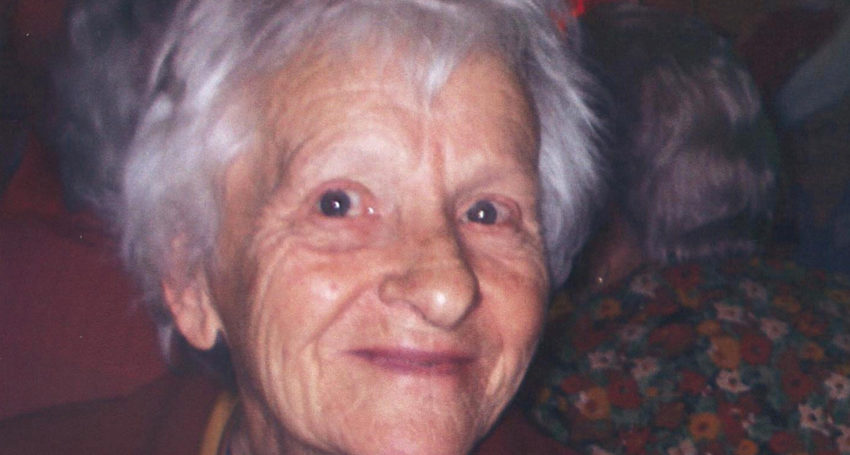
Hildegard was born in rural Poland to farming parents, one of six children at a time when horses were used for transport and in agriculture. Kerosene lit the houses. Motor vehicles were an exceptional form of transport in country areas. Children marvelled at occasional flying machines.
Her formative years coincided with the Great Depression.
She shared school text books with a neighbour’s child.
She was not spared life’s harshness, her father dying, probably from cancer, in his early 50s, screaming in agony from the stable to which he retreated at night to try to minimise the disturbance to his wife and children. Aged nine, she reasoned that she must have been her father’s favourite child, because in the distribution of assets, she got one more cow than her siblings.
Advertisement
Two of her three brothers were soldiers in WWII, and the eldest brother was killed in action. It was a time of terrible dislocation, with the family fleeing before whichever army happened to be advancing. The family lost all of its property. It was a painful time, little spoken of and not inquired into.
After the war, Hildegard worked on a collective farm in Poland. She then worked in an hotel, ironing the guests’ shirts. Forever after she hated ironing.
She spent some time with her own mother, from whom she had been separated during the war, and whom she found in an old peoples’ home in East Germany.
She went to Frankfurt in West Germany and lived with an older sister. She worked for a business called Blitzblanc. Frankfurt was undergoing re-construction and the business of Blitzblanc was to clean the office buildings that were going up. She had to get up at 4am and haul her buckets and mops around on the Frankfurt trams, cleaning from building to building.
Hildegard decided that post-War Europe held few prospects for her so, in 1954, aged 30, she travelled to Trieste and sailed for Australia.
One of the other passengers apparently advised her not to come to Australia, describing it as a desolate place where strong winds whipped up red dust storms which left beef cattle hanging on barbed wire fences.
Her first glimpse of Australia was of Fremantle, and she was struck by how new and clean everything looked.
The ship proceeded to Melbourne, where she was met at the Spencer Street Railway Station by Eugene, also a Polish migrant who had come out in 1951 and with whom she had corresponded. Eugene worked for the South Australian Railways. They came to Adelaide, appropriately by train, and married in St Patrick’s Church in Grote Street.
The marriage produced two sons, Henry and Frank, to whose upbringing Hildegard devoted herself.
At a time when there was little assistance to migrants, Hildegard taught herself to speak, read and write in English, which she did very competently, adding this third language to Polish and German. She had a lot of innate ability which the circumstances of her early life never allowed her to develop in a formal way.
Advertisement
The family lived in Richmond in the western suburbs.
She did all of the things that mothers do in families, and volunteered for tuck shop duties in all the schools which Henry and Frank attended. She was gregarious and got on well with people.
She never took for granted what Australia had to offer, and asserted throughout her life that Australia was the best country. She particularly liked splashing around at the beach in summer.
Hildegard was very religious, and had a sense of other worldliness, and the conviction of a destiny beyond the present life.
In late 2001 she was widowed by the death of Eugene, after a marriage of 46 years.
Like her early years, her final years were not kind. She suffered from Alzheimer’s dementia and was cared for by Henry at his home in Unley, with assistance from Frank.
But throughout her life she was an exemplar of courage, resilience, resourcefulness and, despite the hardships that life often threw at her, exuded cheerfulness. Her attitude was never one of resignation; rather, from start to finish, she exerted herself against the world.
Within her own means and circumstances she lived with a flourish.
Following surgery for a broken hip sustained in a fall, she moved into Lourdes Valley for a short time and in April 2017 became a resident at Estia Health Parkside under the pastoral care of the Passionists from The Monastery, Glen Osmond.
Hildegard died aged 94 years and 51 weeks. Her funeral was celebrated on her 95th birthday and she was farewelled in St Francis Xavier’s Cathedral where she attended Mass regularly from December 2006 to March 2017.
Taken from the eulogy delivered by her son Henry Myszka.


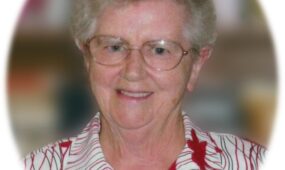
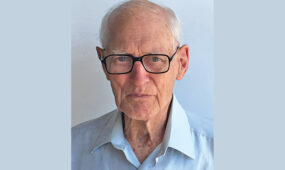
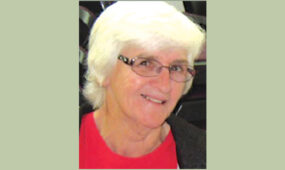
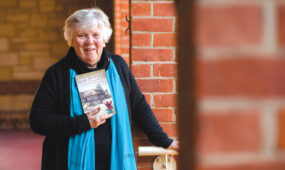

Comments
Show comments Hide comments